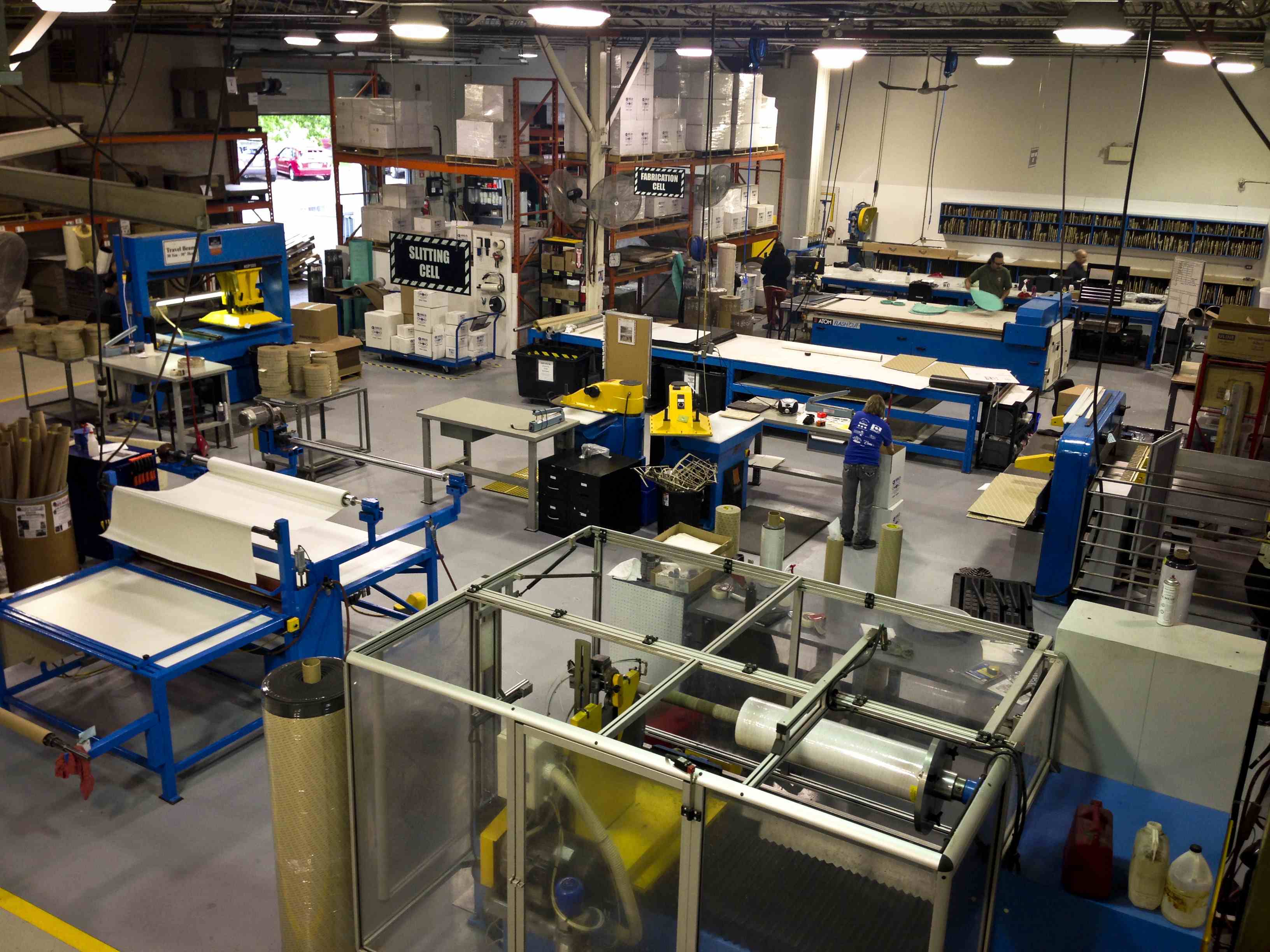
Ways manufacturers can unlock the value of data to drive business intelligence
by Kevin Dherman, CIO at SYSPRO

Sponsored by SYSPRO
Without the right data insights, businesses are unable to compete with global supply chains as they don’t have the visibility to anticipate shifts and respond to market changes.

Data forms the backbone of any manufacturing enterprise. For companies today, the issue isn’t whether they’re generating enough data, it’s whether they’re getting value from that data. With continuous supply chain disruptions, manufacturers and distributors are turning to Business Intelligence (BI) tools to gain the ability to look deeper into production, performance, and efficiency.
SYSPRO research reveals that only 20 percent of manufacturing and distribution businesses have looked at investing in big data analytics tools to process and analyze data in response to ongoing disruptions, and only 5 percent of businesses have investigated the use of Artificial Intelligence (AI) and Machine Learning (ML) to draw any long-term benefits from data collection. As industries look to digitally transform to the factory of the future, investment in technologies is irrelevant without data analytics to understand the internal and external factors impacting a business.
Without the right data insights, businesses are unable to compete with global supply chains as they don’t have the visibility to anticipate shifts and respond to market changes. Here’s how manufacturers can obtain visibility across the entire operations and collect accurate real-time data to not only automate processes but make informed decisions that drive the factory of the future:
- Actionable insights with ERP
Ultimately, ERP fuels data-driven decision making and drives business intelligence. It allows information to be centralized and organized into readable reports and dashboards. With a variety of valuable KPIs, metrics and more information at your fingertips, you can act on new opportunities, respond to issues, and make smart decisions quickly.
A SYSPRO customer, Ruprecht, was able to tackle supply chain disruptions and remain competitive by leveraging data insights. The business, which supplies ready-to-eat food products in the US, integrated their ERP system with AI and a predictive model to maintain production supply and healthy inventory levels. Ruprecht set up a data lake to pull information from their warehouse to SYSPRO to assess current operations and make the required tactical and strategic business decisions during the pandemic. In addition to real-time decision making, the data enabled them to take advantage of the eCommerce trend and explore new routes to market improving operating expenditure and return-on-investment.
- Data to drive the factory of the future
Manufacturing is on the verge of a data-driven revolution which is driving the factory of the future. Data analytics can be used to transform the factory floor and manufacturers can leverage the Internet of Things (IoT) to gain insights into the production process, improve efficiency, increasing yields and reducing product defects. On the factory floor, IoT can help connect physical objects into networks to monitor the environment, collect data and communicate with other systems. IoT and AI can assist you to anticipate equipment failures, decrease downtime and reduce waste as technologies are able to keep track of the entire product lifecycle to improve the production and services. AI within the factory will also enable you to automate processes and machines for a flexible and adaptable supply chain.
- Supply chain optimization with supply chain control towers
More than ever before, companies need to pivot to more digitalized supply chain processes. Manufacturers are under enormous pressure to provide customers with what they need and when and where they need it, while optimizing supply chain operations and achieving cost savings goals.
A supply chain control tower is a centralized platform that can be integrated within your ERP system to collect data from key business indicators across the supply chain. These control towers create agility for supply chain operators to respond rapidly and make real-time changes. Supply chain control towers enable manufacturers to store and manage information on order status, freight tracking, tracing, and delivery scheduling. As data is collected in real-time, control towers update inventory levels and forecast supply and demand. The platform uses predictive data for more accurate forecasting and a quicker resolution of supply chain disruptions. This means you can make smarter decisions regarding operations, suppliers, and customers throughout a connected supply chain network.
An ERP system is vital to collect data and streamline operations, but to truly maximize the value, manufacturers should transform data into actionable insights to drive business intelligence with innovative technologies.